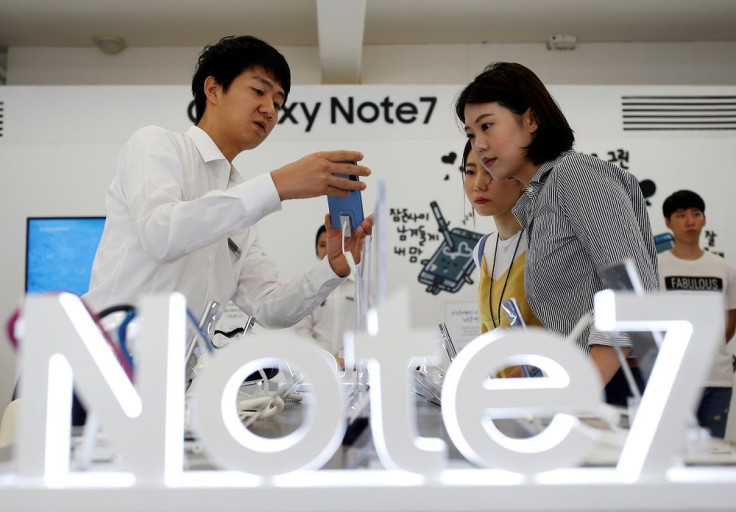Battery breakthrough: UCF researchers develop supercharger that can charge smartphones in seconds; Charge lasts for a week

Researchers from the University of Central Florida (UCF) has developed a supercharger that can charge a smartphone in seconds and the charge may last a week. Thus, users will need to charge their smartphones only once a week. UCF postdoctoral associate Nitin Choudhary has described the supercharger as a supercapacitor battery prototype and this could be a reality soon.
The battery prototype was charged and recharged 30,000 times during lab testing and it still retained its ultra-fast-charging capabilities. The supercharger battery promises to last 20 times more than traditional lithium-ion batteries.
“You could charge your mobile phone in a few seconds and you wouldn’t need to charge it again for over a week,” Choudhary told Engadget.
He explained that these kinds of supercapacitors never use chemical reactions such as in traditional batteries. On the contrary, they store electricity statically on the surface of “two-dimensional” material sheets.
The researchers involved in the study used graphene as the 2D material and had to figure out how to integrate the graphene with other materials in the supercapacitor. The researchers wrapped 2D metal materials around the highly-conductive 1D nanowires. This resulted in seamless integration of the 2D materials with the existing ones.
“For small electronic devices, our materials are surpassing the conventional ones worldwide in terms of energy density, power density and cyclic stability,” said researcher Yeonwoong “Eric” Jung.
Supercapacitors have not been used in smartphones up to now as they are too large for standard smartphones. That is why, the researchers use tiny wires coated with a high energy shell, with their highly conductive cores for superfast charging.
According to The Sydney Morning Herald, SolidEnergy Systems, the company established by assachusetts Institute of Technology (MIT) alumni, successfully developed a battery, twice the capacity of conventional phone batteries. The company may launch these batteries in 2017.





















